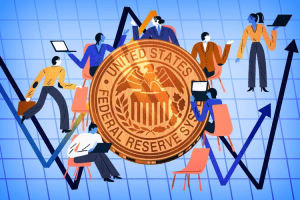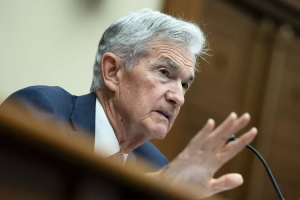
The Federal Reserve cut its influential federal fund rates by half a percentage point this week, which could change the dynamics of the housing market.
Mortgage rates are influenced by several factors, including the Fed’s key interest rate. Because of this, interest on home loans often moves in the same direction as the fed funds rate. Over the past two years, high interest rates and rising prices have made homebuying unaffordable for many.
However, with this week’s cut and those still to come, economists say that could change.
“With the Fed pivoting, interest rates will be substantially lower over the next six to twelve months,” said Bill Adams, chief economist for Comerica Bank, in a recent commentary. “That is very welcome news for credit-sensitive sectors of the economy like housing.”
Mortgage Rates Should Come Down and Unlock the Housing Market…
Homeowners who took out a mortgage or refinanced during the ultra-low interest rates of 2020 and 2021 have hesitated to list their homes. Selling would mean trading those ultra-low borrowing costs for a mortgage rate roughly four percentage points higher on average, according to Freddie Mac.1
The lack of homes for sale has created more competition for those that available, pushing up prices. That, combined with interest rates that peaked at 7.79% last October, has made home buying unattainable for many.
Mortgage rates have already fallen in anticipation of this week’s cut and economists expect those rates will continue their descent. As rates fall, more homes will likely be listed and as supply rises, prices should fall as the market rebalances.
… But It May Take A While
In addition to the fed funds rate, banks set mortgage rates based on the 10-year Treasury yield and their peers’ offerings. That means mortgage rates don’t always move in direct tandem with the fed funds rate.
Because traders had made moves in the Treasury market in anticipation of this first rate cut, some economists said there may not be an immediate significant change in mortgage rates.
“Mortgage rates likely had this cut—and this expected rate path—priced in,” wrote Mike Fratantoni, chief economist for Mortgage Bankers Association, in a commentary. “We do expect that if mortgage rates remain near these levels, it will support a stronger-than-typical fall housing market and suggest that next spring could see a real rebound in activity.”



